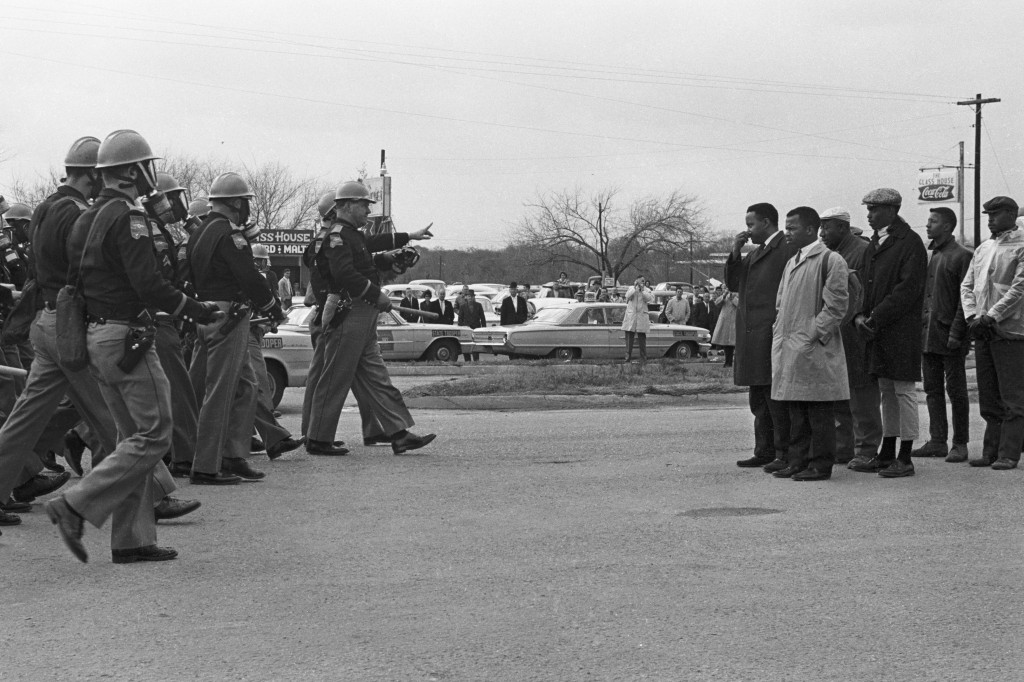 It is arguable that a documentary film should ask questions and apply answers. Most of the time, it is enough merely to ask questions. Some of the most powerful examples of the form provide solely the latter. Frustratingly, with a set-up utilising words written 37 years ago by articulate civil rights proponent James Baldwin for an unfinished article, I Am Not Your Negro seeks to only supply answers, save for a rhetorical – although admittedly pertinent – ‘why?’
It is arguable that a documentary film should ask questions and apply answers. Most of the time, it is enough merely to ask questions. Some of the most powerful examples of the form provide solely the latter. Frustratingly, with a set-up utilising words written 37 years ago by articulate civil rights proponent James Baldwin for an unfinished article, I Am Not Your Negro seeks to only supply answers, save for a rhetorical – although admittedly pertinent – ‘why?’
With heavyweight backing, as emphasised by Samuel L Jackson’s narration, Raoul Peck’s Oscar nominated documentary is a stirring crash course in the last 100 years of racial divide in America. The problem for I Am Not Your Negro is to use Baldwin’s old words and apply it to violent imagery of the present. Context is key and to soundtrack contemporary imagery with words from another era can do one of two things: 1) It can transpose a timeless observance on human nature; or 2) apply without necessary qualification, as it is here.

The reason as to why ‘1’ doesn’t apply is because of the nuanced nature of the issues. It goes beyond rudimentary prejudice. We are dealing with a sophisticated issue that also involves socio-economic inequality, the milieu of the times and the oft-reported ongoing judicial persecution that faces the black community. These must be factored into the discussion for better and for worse. There must be a dialogue for the contemporary plight.
A bigger question, when the voice stands on the pulpit urging action is: does this help the cause? Or does it only encourage more violence and deepen any existing fault lines? If it is a cry for help, then it is one that seemingly aligns itself with the more violent, Black Panther movement, or the Malcolm X call to arms than the Martin Luther King encouragement towards peaceful resolution.
Such a critique implies that the film is indecent or ineffective. It is not that. As with most things, it is more complex. Quibbles aside, this is undeniably an extremely powerful rallying cry. One that demands that the white community – particularly in America – come to terms with the vile regard and abhorrent treatment that they had for black people as recently as 50 years ago. And it is not fully extinguished either, of course. Baldwin’s words ring as both a troubled plea and a wise survey.
A thought-provoking, despairing and depressing piece that makes for essential viewing. A cinematic TED talk, if you will.




